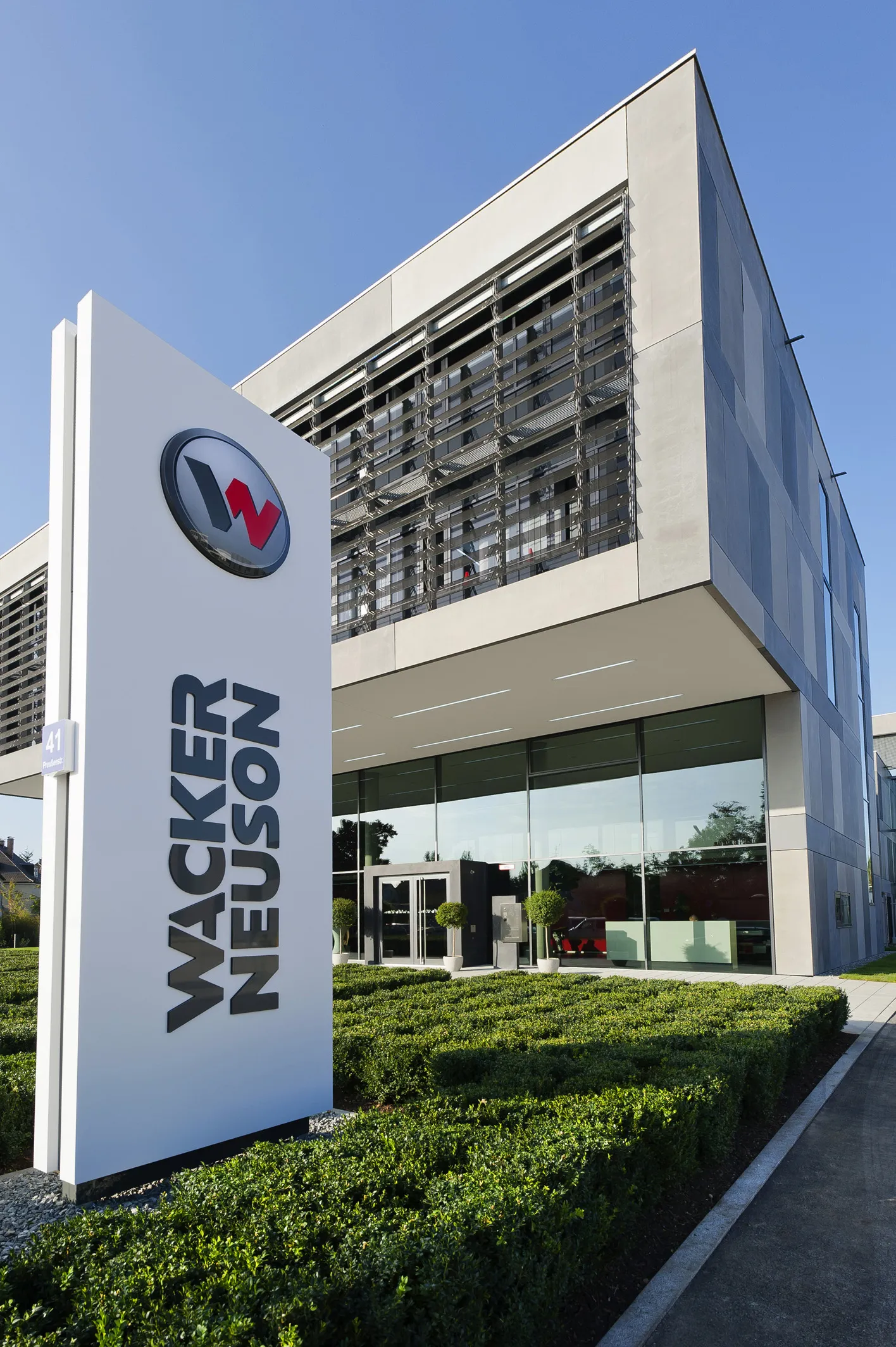The European Bank for Reconstruction and Development (EBRD) says it has provided strong support to emerging economies in 2013. Much of this investment has been into transportation infrastructure, which the EBRD sees as being crucial for development and to help emerge economies into growth. Total investments for the year across all of the regions where the EBRD is active amounted to €8.5 billion, according to preliminary estimates, compared with financing of €8.9 billion the previous year. These investments
January 21, 2014
Read time: 3 mins
The 1166 European Bank for Reconstruction and Development (EBRD) says it has provided strong support to emerging economies in 2013. Much of this investment has been into transportation infrastructure, which the EBRD sees as being crucial for development and to help emerge economies into growth. Total investments for the year across all of the regions where the EBRD is active amounted to €8.5 billion, according to preliminary estimates, compared with financing of €8.9 billion the previous year. These investments were achieved against a backdrop of general investor reluctance in the face of continued economic fragility.
“This was a challenging year for investments and the EBRD is very pleased to have been able to provide sustained support for our countries of operations as they continue to grapple with the impact of the crisis,” said EBRD president Sir Suma Chakrabarti. “Looking forward, as economies start to recover, it will be important to continue breaking down barriers to investment and pushing ahead with reforms that will improve the overall investment climate and put the region firmly back on the road to transition.”
The EBRD also remains well equipped to continue to roll out investments, after making a net profit in 2013 expected to be in line with the 2012 earnings of €1 billion. The earnings will largely be ploughed back into future financing. The number of individual projects that the Bank financed in 2013 remained at near historic highs, at 392, compared with 393 in 2012, which was a record year. The Bank’s investments in south-eastern Europe, a region that remained particularly vulnerable to the effects of problems in the Eurozone, rose to around €1.65 billion, from €1.5 billion in 2012. The Bank also continued to reach out to countries in central Europe and the Baltic states, with financing of €1.6 billion, up from a previous €1.2 billion. Particularly difficult economic and investment conditions in Russia led to a reduction of investments there to €1.8 billion, from €2.6 billion in 2012. However, Russia has been and remains the largest country of operations for the EBRD and the Bank is fully committed to continuing its very deep involvement in the country. “We are proud of the role we play here – and will continue to play in the further long-term development of the Russian economy,” Chakrabarti said.
The Bank’s investment in Eastern Europe and the Caucasus held unchanged last year, at around €1.5 billion, while in Central Asia investment amounted to €550 million compared to €870 million in 2012. Investments remained strong in Turkey, at around €920 million. 2013 also saw the first full year of investment in the southern and eastern Mediterranean region, with signings in all four countries – Egypt, Morocco, Tunisia and Jordan - across the corporate, financial and energy sectors. Total investments amounted to €450 million.
“This was a challenging year for investments and the EBRD is very pleased to have been able to provide sustained support for our countries of operations as they continue to grapple with the impact of the crisis,” said EBRD president Sir Suma Chakrabarti. “Looking forward, as economies start to recover, it will be important to continue breaking down barriers to investment and pushing ahead with reforms that will improve the overall investment climate and put the region firmly back on the road to transition.”
The EBRD also remains well equipped to continue to roll out investments, after making a net profit in 2013 expected to be in line with the 2012 earnings of €1 billion. The earnings will largely be ploughed back into future financing. The number of individual projects that the Bank financed in 2013 remained at near historic highs, at 392, compared with 393 in 2012, which was a record year. The Bank’s investments in south-eastern Europe, a region that remained particularly vulnerable to the effects of problems in the Eurozone, rose to around €1.65 billion, from €1.5 billion in 2012. The Bank also continued to reach out to countries in central Europe and the Baltic states, with financing of €1.6 billion, up from a previous €1.2 billion. Particularly difficult economic and investment conditions in Russia led to a reduction of investments there to €1.8 billion, from €2.6 billion in 2012. However, Russia has been and remains the largest country of operations for the EBRD and the Bank is fully committed to continuing its very deep involvement in the country. “We are proud of the role we play here – and will continue to play in the further long-term development of the Russian economy,” Chakrabarti said.
The Bank’s investment in Eastern Europe and the Caucasus held unchanged last year, at around €1.5 billion, while in Central Asia investment amounted to €550 million compared to €870 million in 2012. Investments remained strong in Turkey, at around €920 million. 2013 also saw the first full year of investment in the southern and eastern Mediterranean region, with signings in all four countries – Egypt, Morocco, Tunisia and Jordan - across the corporate, financial and energy sectors. Total investments amounted to €450 million.







